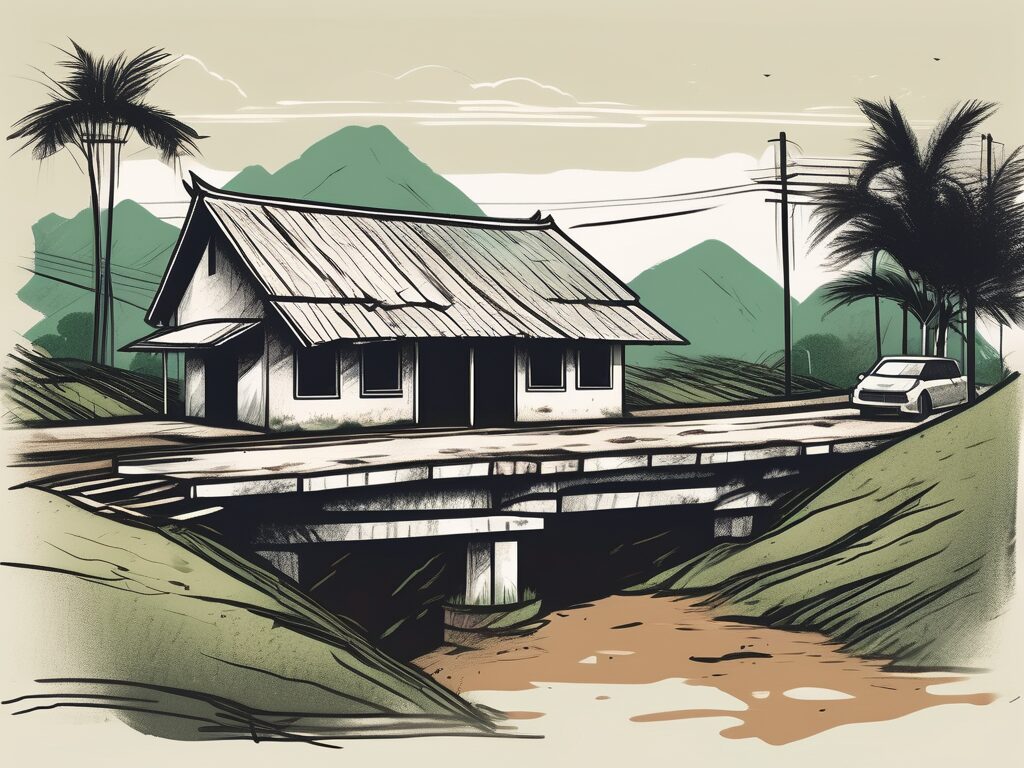Top 5 Educational Barriers in Vietnam: Challenges for 2025
Education serves as the foundation for societal advancement, personal growth, and economic development. However, disparities in access to quality education persist globally, with Vietnam being a notable example. Despite notable progress in recent years, the Vietnamese education system continues to encounter significant barriers that impede its advancement.
1. Financial Limitations
Financial constraints represent a primary obstacle to education in Vietnam. Numerous families, particularly in rural and economically disadvantaged regions, struggle to cover the comprehensive costs associated with schooling. These expenses encompass not only tuition fees but also essential items such as textbooks, uniforms, and transportation.
For many families, balancing daily living expenses with educational costs can be overwhelming, often rendering the pursuit of education unattainable.
2. Insufficient Government Funding
Government funding for education in Vietnam remains inadequate. Although efforts have been made to increase financial support, the current allocation is insufficient to meet the growing demands of the education sector. Furthermore, the distribution of these funds is often skewed, favoring urban areas over rural communities, thereby exacerbating the educational quality gap.
3. Sociocultural Influences
Sociocultural factors significantly impact educational access in Vietnam. In many rural communities, entrenched gender roles can restrict educational opportunities, particularly for girls. Additionally, prevailing societal attitudes may prioritize labor over education, undermining the perceived value of schooling.
Such cultural dynamics can hinder the educational aspirations of individuals and communities alike, perpetuating cycles of disadvantage.
4. Language Barriers
Language barriers present a formidable challenge within the Vietnamese education system. Many ethnic minority students face difficulties with the Vietnamese language, which is predominantly used as the medium of instruction. This linguistic divide can lead to frustration and disengagement from the learning process.
The scarcity of resources and trained educators to assist these students further complicates the situation, limiting their educational prospects.
5. Infrastructure and Resource Deficiencies
The lack of adequate infrastructure and educational resources is another critical barrier. Many schools, especially in rural areas, are devoid of basic facilities such as clean water, electricity, and suitable classrooms. This deficiency severely hampers the learning environment and overall educational experience.
Moreover, the absence of quality teaching materials and qualified educators further diminishes the effectiveness of the educational system.
Digital Divide and Internet Access
In an increasingly digital world, the lack of internet access poses a significant barrier to education. Many students in rural regions are unable to access online learning resources, which limits their educational opportunities and exacerbates existing inequalities.
This digital divide not only restricts access to information but also widens the gap between those with resources and those without, creating an unjust educational landscape.
Conclusion
Addressing the barriers to education in Vietnam is a complex challenge that necessitates a multifaceted approach. It requires substantial financial investment, a reevaluation of societal attitudes, and comprehensive government policy reforms. Collaborative efforts from all stakeholders are essential to surmount these obstacles and foster an equitable educational environment.
As Vietnam navigates these challenges, the role of qualified educators becomes increasingly vital. By focusing on academic standards, teaching philosophies, and global accreditation, education consultants can guide international teachers in selecting schools that align with their professional aspirations and values.
Empower Your Teaching Career with IPGCE
As Vietnam strives to overcome its educational challenges, the demand for well-trained and qualified educators is paramount. The IPGCE program offers a pathway for teachers seeking to enhance their qualifications and career prospects. By enrolling in the UK’s leading teacher training course, educators can improve their credentials, connect with a global network of professionals, and gain insights into international curricula, all while managing their current commitments. Take the initiative to advance your career and contribute to the transformative changes in Vietnam’s educational landscape. Join the IPGCE program today.

